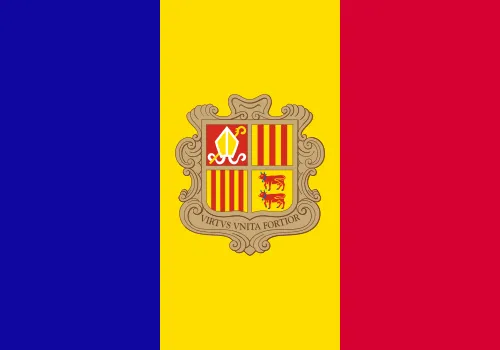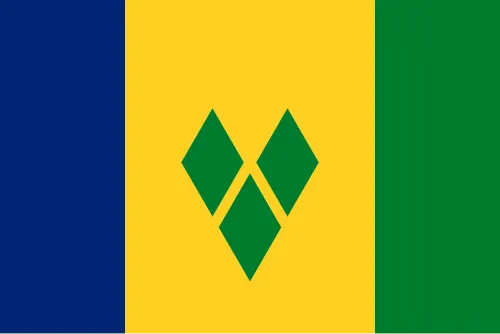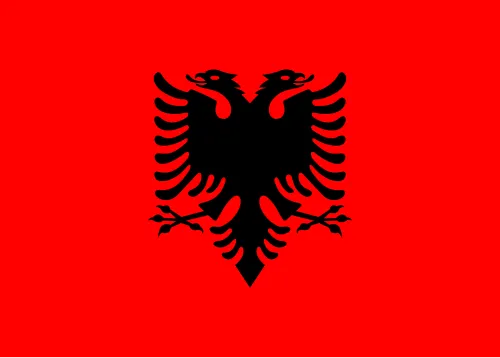
Celebrating Mother Tongue Day in Estonia
Every year on February 21st, the world celebrates International Mother Language Day—an occasion that holds significant cultural importance in Estonia. This day not only emphasizes the importance of preserving and promoting linguistic diversity but also honors the Estonian language, a key part of the nation’s identity.
The Significance of Mother Tongue Day in Estonia
In Estonia, Mother Tongue Day is deeply intertwined with the country's rich history and its fight for independence. As a nation that has faced various historical challenges, including occupation and foreign influence, the Estonian language symbolizes resilience and unity among its people. The day is a time to reflect on the crucial role of language in maintaining cultural heritage and fostering community ties.
History of the Estonian Language
Estonian is a Finno-Ugric language, closely related to Finnish and distantly to Hungarian. Its roots trace back to ancient tribes that inhabited the region. With a population of around 1.3 million, Estonia takes pride in one of the most unique languages in Europe. The 19th century saw a linguistic revival, paving the way for the language to flourish, particularly in literature and education.
How Mother Tongue Day is Celebrated
Celebrations of Mother Tongue Day in Estonia include a variety of activities that promote the Estonian language and culture. Schools often organize special events, inviting students to participate in language competitions, poetry readings, and cultural presentations. Media outlets also play a role by broadcasting programs that highlight the importance of the Estonian language and showcase local dialects.
Community Engagement and Language Preservation
Community gatherings often emphasize dialogue about language preservation. Workshops and seminars focus on the challenges and opportunities that arise from globalization, which can sometimes threaten local languages. Discussions aim to raise awareness and encourage younger generations to speak, write, and cherish their mother tongue.
The Role of Technology in Language Preservation
In today’s digital age, technology has become a powerful ally in promoting and preserving the Estonian language. Various mobile apps, online courses, and social media platforms provide innovative resources for language learners. The government and local organizations also promote e-learning tools which help engage a wider audience in cultivating a love for the Estonian language.
Challenges Facing the Estonian Language
Despite the ongoing efforts to promote the Estonian language, challenges remain. The influence of globalization and the dominance of English in many sectors pose significant threats. Young people, particularly in urban areas, often gravitate towards English for communication and trends. This shift necessitates strategic initiatives to maintain the relevance and appeal of the Estonian language in everyday conversation.
Looking to the Future
As Estonia continues to evolve, the importance of maintaining a strong linguistic identity cannot be overstated. Mother Tongue Day is a reminder of the need to nurture the Estonian language among future generations. By instilling pride in their mother tongue and recognizing its rich heritage, Estonians can ensure that their language thrives in the years to come.
Conclusion
Mother Tongue Day serves as a celebration of language, culture, and identity in Estonia. It reminds us that language is more than just a means of communication; it is a vital part of who we are. By honoring our mother tongues, we pay homage to our ancestors while paving the way for future generations to embrace their linguistic heritage.






